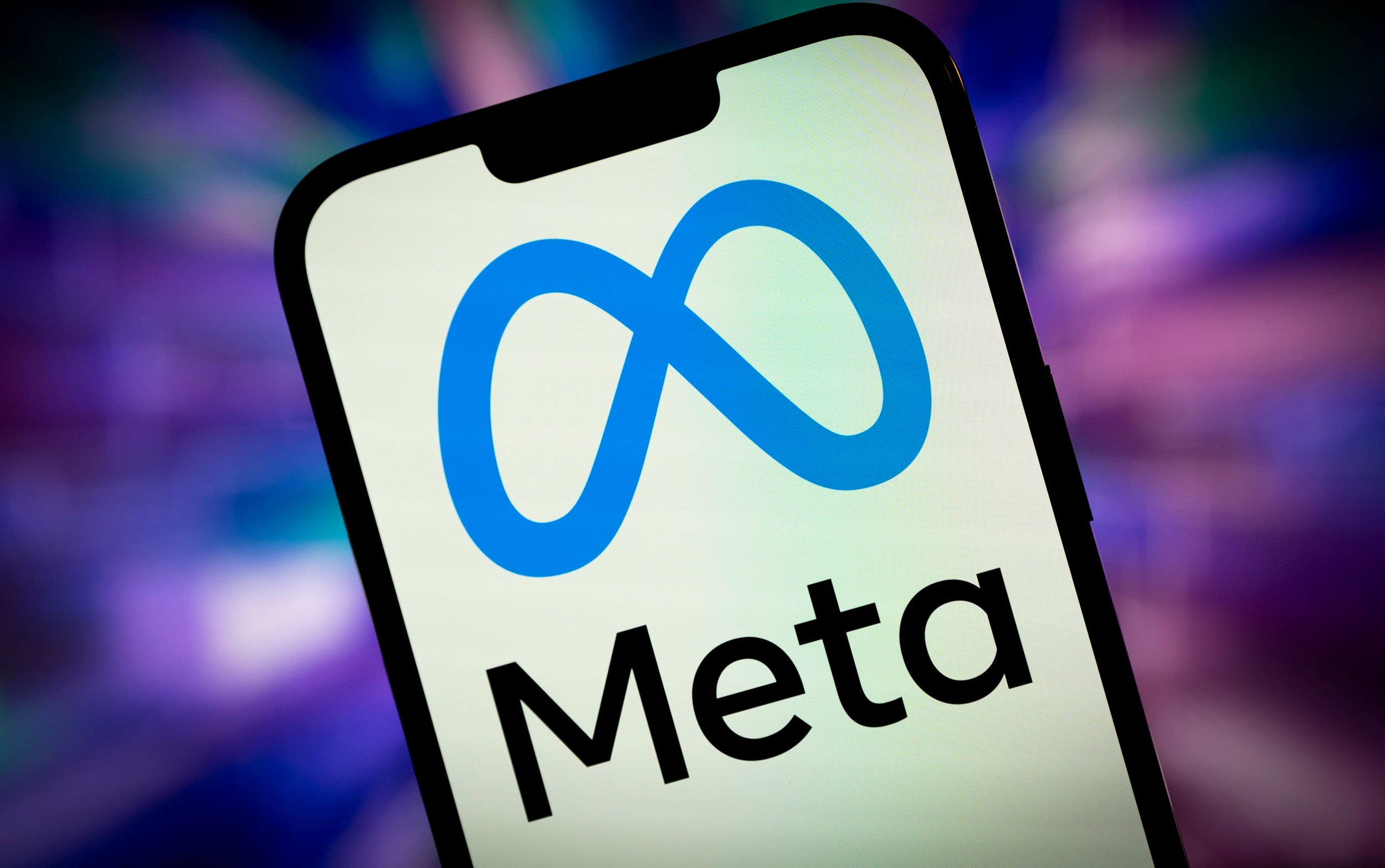Amidst the spread of the coronavirus, many sports leagues have cancelled or suspended games and tournaments to help contain the outbreak of COVID-19.
The NBA, NHL, MLS, and MLB all suspended play. As did practically every soccer league in Europe, including the Champions League.
The NCAA cancelled its conference and national championship tournaments. The PGA postponed The Masters golf tournament. NASCAR postponed races in Atlanta and Miami, and IndyCar has suspended races through April.
Even this year's summer Olympics in Tokyo may be cancelled or postponed.
This isn't just bad news for sports fans. Media companies who've invested heavily in sports rights like Disney (DIS +2.84%), AT&T (T +1.44%), and Comcast (CMCSA +2.52%) could see a huge impact as the television viewers and ad dollars they were counting on fail to materialize. Sports are some of the best content for advertisers since they maintain a captive audience. But without sports, advertisers will have to find somewhere else to spend their budgets.

Image source: Getty Images
What's the damage?
Marketers spend a lot of money on ads during sports. For example, AT&T and ViacomCBS will lose out on about $1 billion of ad spend because of the cancelled NCAA championships. If the NBA decides to close up shop for the rest of the year and cancel the rest of the regular season and playoffs, Disney and AT&T will lose out on over $1 billion of ad spend based on last year's rates. If the Olympics get cancelled, Comcast will probably see more than $1.2 billion in advertising revenue disappear.
There's a reason sports rights are so expensive. It's because they bring in viewers, and viewers bring in advertisers.
But there's also the potential that a prolonged suspension of sports leagues will cause more consumers to downgrade their cable bundles to get rid of expensive networks that broadcast sports or just cancel their subscriptions altogether. That could spread the negative impact to all television networks relying on advertising, not just those focused on major sporting events.
Accelerating the shift to digital advertising
Marketers are already shifting more and more of their ad budgets to digital. While television advertising spend remains relatively flat, online ad giants are still growing their revenue relatively fast even at scale. Alphabet (GOOG 2.16%) (GOOGL 1.89%) reported Google ad revenue climbed 16% last year. Facebook (FB 3.24%) grew ad revenue 27%. Amazon's burgeoning ad business grew an estimated 39%.
Without sports, the shift to digital should accelerate. The big digital advertising giants offer broad reach that television advertisers are looking for, and they could see considerable benefits from the shift.
Additionally, advertisers may shift their spend to more connected-TV advertising platforms like those owned by Roku, The Trade Desk, and Amazon. Connected-TV is an easy transition for ad spend that was originally intended for television. Marketers can use the exact same creatives, but take advantage of the ability to target a specific set of viewers based on aggregated data.
Even if marketers don't shift all the spending they intended for big sporting events, they'll certainly see a greater percentage of their budgets go to tech companies over legacy media. That will give them a sense of how well that marketing mix works for their businesses, and if the results are good, it should pull forward additional marketing spend as they plan for the future. That's one reason why I think Facebook will come out strong from the current market downturn.
With major sporting events getting cancelled and postponed, it'll cause a real setback for several major media companies. The repercussions can reach far beyond just sports broadcasts for cable networks, and digital advertising companies will be there to pick up the slack.











